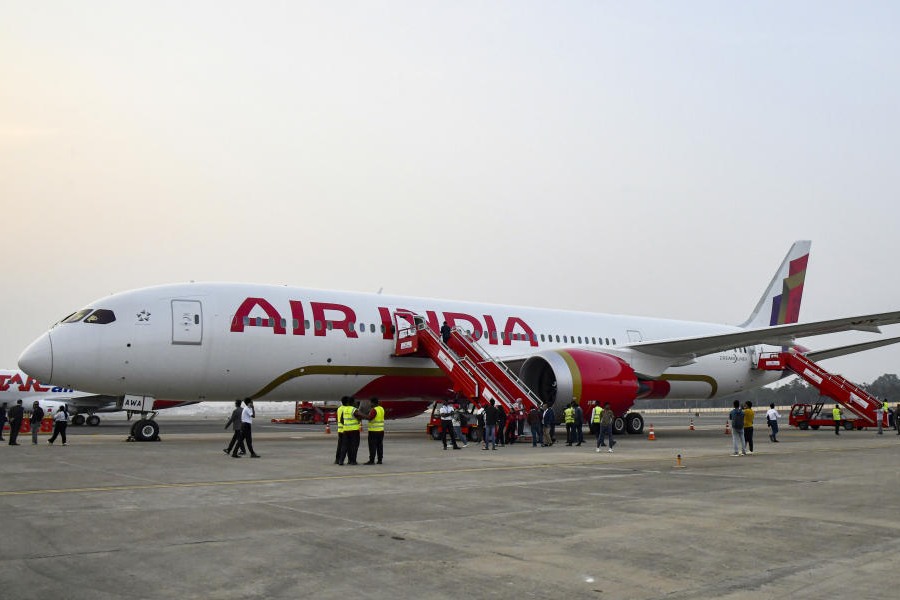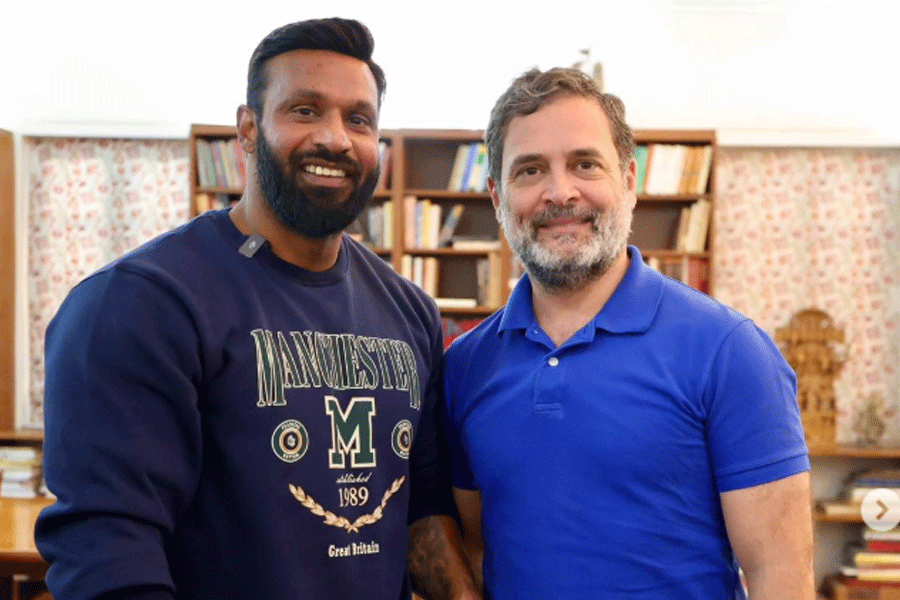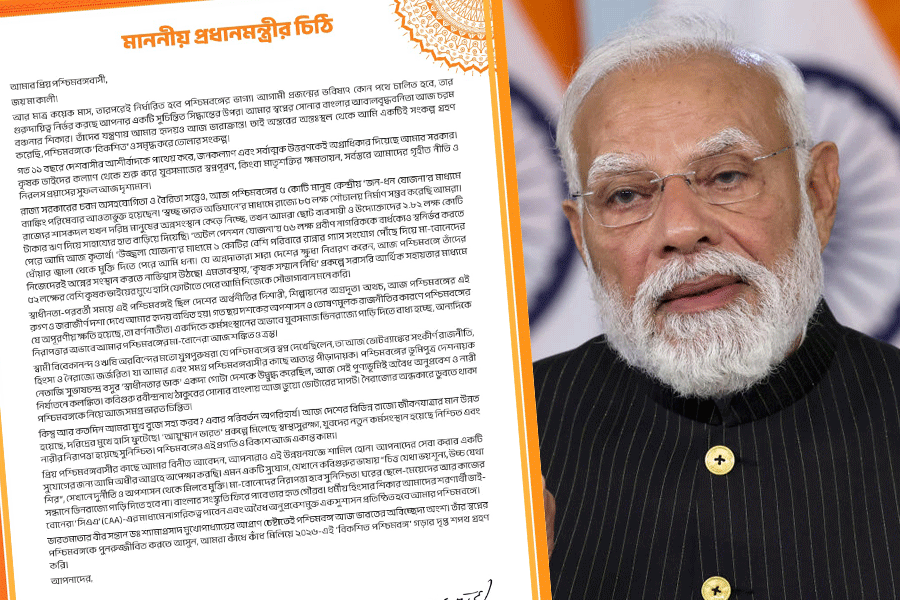 |
| the new age beckons |
Ranchi, Aug. 29: When Sujata cinema screens Ram Gopal Verma’s new film Ram Gopal Verma Ki Aag this Friday there will be something special about it.
One is not talking about the audience response to the film, but to the technique used for the screening, as with this film the cinema will start screening films using satellite.
Dushyant Jaiswal, proprietor of the cinema, said that from now on all films would be screened through satellite, instead of print. “The quality of films through satellite is better than the traditional prints. It also checks piracy, besides ensuring simultaneous release of the film all over the country or the world,” said Jaiswal.
With satellite distribution, piracy, one of the main concerns of the industry, gets reduced as there is no print or any diskette that can be pirated, he said.
It will, of course, come at a higher price and the cost of tickets will go up.
The cost of the high-range tickets will go up by 20-25 per cent, while for the lower range tickets the increase will be Rs 2-3, said Dushyant, adding that the quality of the films would be much better. Sound, too, will be of top Dolby digital quality.
The hall has spent over Rs 20 lakh for converting to the new mode, which includes over Rs 16 lakh on a machine that will download the film from the satellite, said Dushyant.
Besides, the hall has been equipped with UPS of adequate capacity so that the film is screened without break, even in cases of electricity failures, he said.
Dushyant said they can directly relay the film from the satellite during all shows, but they would download it once and replay it in different shows. Dushyant said they have got the rights of the film from producer Bharat Shah on payment of Rs 340 per show, besides the fixed distribution share.
Chakradharpur’s Prabhat Talkies, also belonging to Dushyant, was the first cinema in Jharkhand to use satellite relay.
Along with Sujata, Usha Talkies of Jharia will also start showing films through satellite from Friday.
According to industry estimates, there are nearly 1,500 cinemas in India, which use satellite to relay movies directly to the screen at present. According to industry estimates, celluloid film costs about Rs 60,000 per print.
Because of higher costs, production houses order around 400 prints that are first played in theatres in A category cities alone, then sent to smaller cities and since the overall requirement is for more than 12, 000 prints.
But the digital print is not as expensive.
Besides, a number of movies can be launched simultaneously across different cinemas through satellite, say experts.










